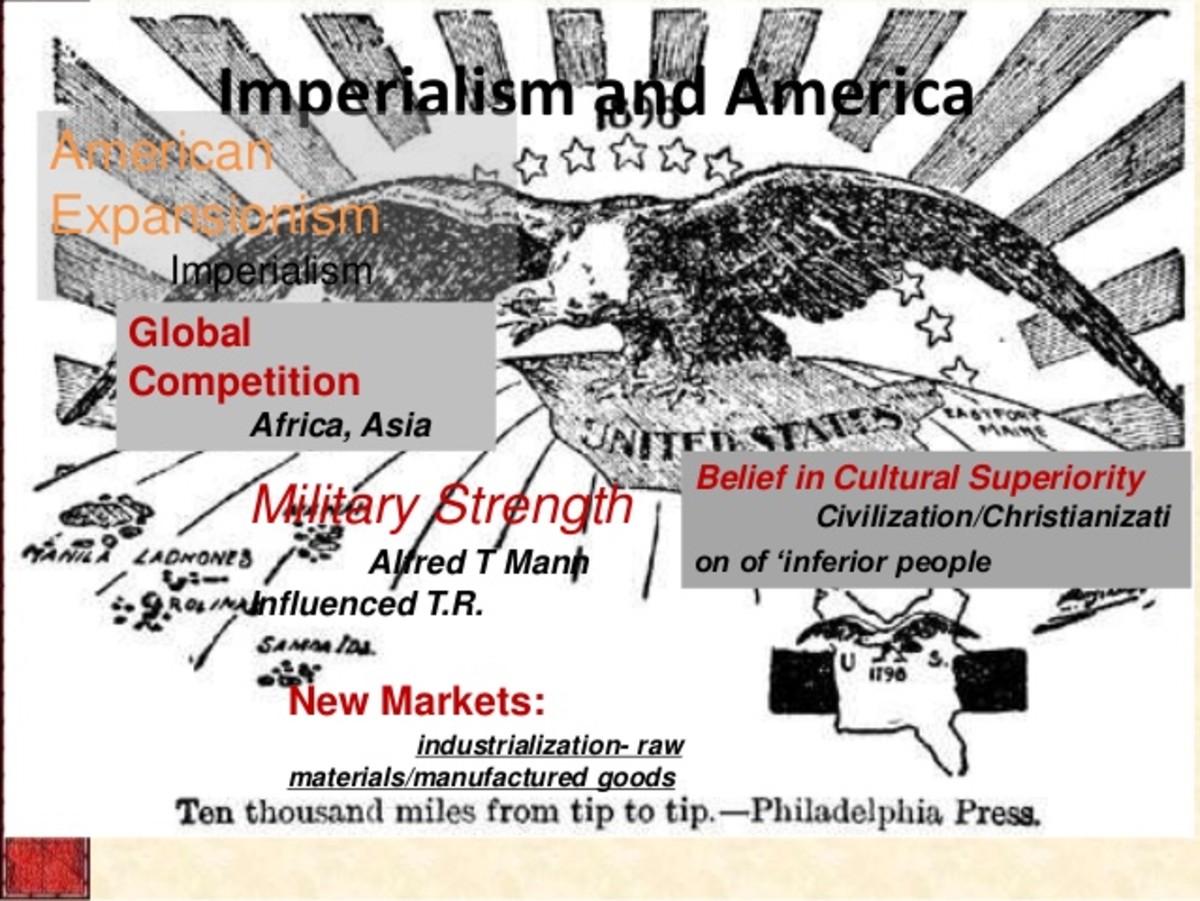The Rise of Asia: A New Phenomenon?
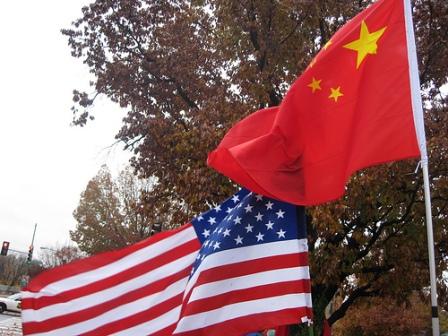
Do you think China will ever become more powerful than the US?
Many believe that the rising prominence of Asia, and particularly China, in world affairs is an unexpected and new phenomenon but history shows us that Asian superiority in terms of the progress and cultural output of their societies has occurred in the past. If those scholars arguing that this century will indeed be an 'Asian century' turn out to be correct then this will be a return to a former historical state rather than a new occurrence altogether. While Western countries such as the US undoubtedly face a difficult road towards accepting or even looking positively on the rise of Asia, the whole international order will be better off if Westerners take the more productive view that an inevitable process is occurring in which Asian countries restore some of their former power and become more able to lobby for greater equality of status in international affairs with dominant Western countries.
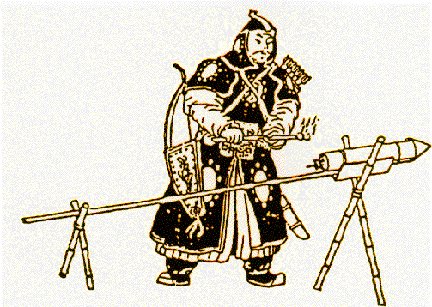
During the period between the fifth and fifteenth centuries, what we would now call Asian or Middle Eastern countries were leading the world in terms of literature, scholarly discourse, scientific discovery and technological ingenuity. While Europe was in the midst of the Dark Ages, a state of perpetual warfare, uncertainty and unstable social orders, the Chinese, Arabs and Indians were making key societal advancements such as creating numerical systems, discovering paper, advancing military techniques and setting up universities. From thereafter, Europe underwent a resurgence around the sixteenth century and would go on to experience several periods of forward thinking including the Renaissance, the Enlightenment and the scientific and industrial revolutions which would transform the minds of the people and propel their societies way beyond those of Asian civilisations. The isolationism of Asian countries also contributed to their downfall while European colonial endeavours in Asia and around the world cemented the power and scope of Western dominance. Since then, Asia has seemingly been clawing its way back slowly until the second half of the 20th century when there was an explosion of economic growth particularly in the East Asian Miracle Economies, this in turn is thought to have sparked the wider Asian resurgence.
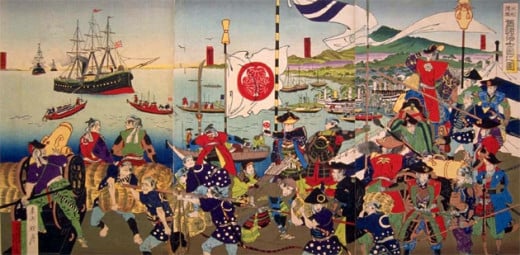
Because of this historical precedent, it can be argued that Asia seeks to recover its former glory, attempt to balance the scales in its favour and ensure a more balanced international order which recognises the value and legitimacy of Asian nations in managing the world. For example, in mediating international crises and solving global issues. While Western academics may be fearful of the scales tipping too far in Asia's favour, some Asian academics stress the argument that Asian countries would not want to occupy the same kind of dominant position the West once had over Asia if the circumstance of Asian prominence should eventuate. In this view, Asian countries would rather use Western practices as a model to follow in order to ensure prosperity for all Asian people. Although only a minority of academics take this perspective, it is undoubtedly positive and hopeful and therefore a good example for others to follow. Some would say that Western scholars and policymakers are appropriately cautious about the implications of a rising Asia yet they cannot let ideas about an Asian threat or revolution in the making narrow their thinking and actions on the issue.
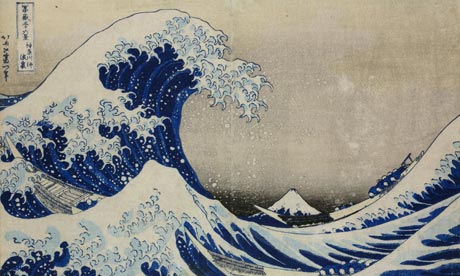
For Westerners to conjure an image of Asia as a destructive force is a highly pessimistic view to take in international relations. The fact that Western institutions, values and structures have been ingrained in the current international system helps to explain this view and the fear of losing what has been built in the past. Regarding the question of whether it will be possible for leading Asian countries such as China to drastically alter the international order according to its preferences, it is highly unlikely to happen soon and would be extremely difficult because of the Western influences entrenched in the system. In fact, many optimistically believe that it will be substantially easier for countries such as China to become indispensable members of the current group of Western-led international institutions and systems rather than engaging with the dangerous prospect of causing any kind of upheaval. To ensure a peaceful distribution of power and transition of responsibilities, it should be widely accepted, especially in the West, that peoples who are subjugated, dominated or who feel lower in status will inevitably seek to improve their position in the world, especially if they have lost a past position of prominence. The West may see a threat in the rise of Asia but Asian countries see an opportunity to improve their status and move their societies closer to what they once were.
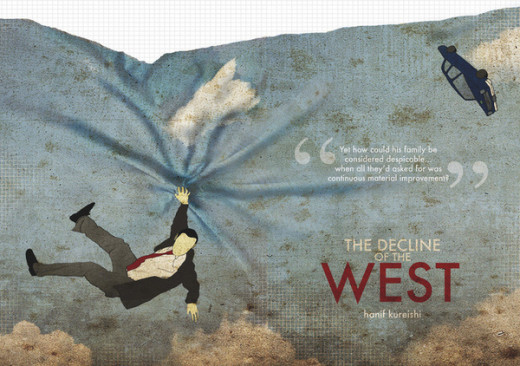
Many believe that the rise of Asia brings with it the downfall or decline of the West. The world should not be seen in such simple terms. This belief puts an even greater divide between East and West, and creates a false dichotomy in which all roads lead to one side's demise. When the West rose up from the 16th century onwards Asia managed to survive and go on to a resurgence; power shifts between East and West should not be seen as a zero-sum game and there should be hope for prosperity on both sides. Further intertwining Asian and Western countries to an extent that both are reliant on each other to survive and also creating more open diplomatic relationships are important steps towards bridging the divide. If Asia's rise continues then the current international system may eventually have to be altered to recognise the restoration of Asian countries to more influential positions in world affairs. This may seem like an insurmountable proposition in today's world and only an effective evolution of Western thinking will allow this to be a possibility in the future. That is, if the West is willing to do everything possible to make sure Asia takes a peaceful path towards greater power and influence in world affairs.





